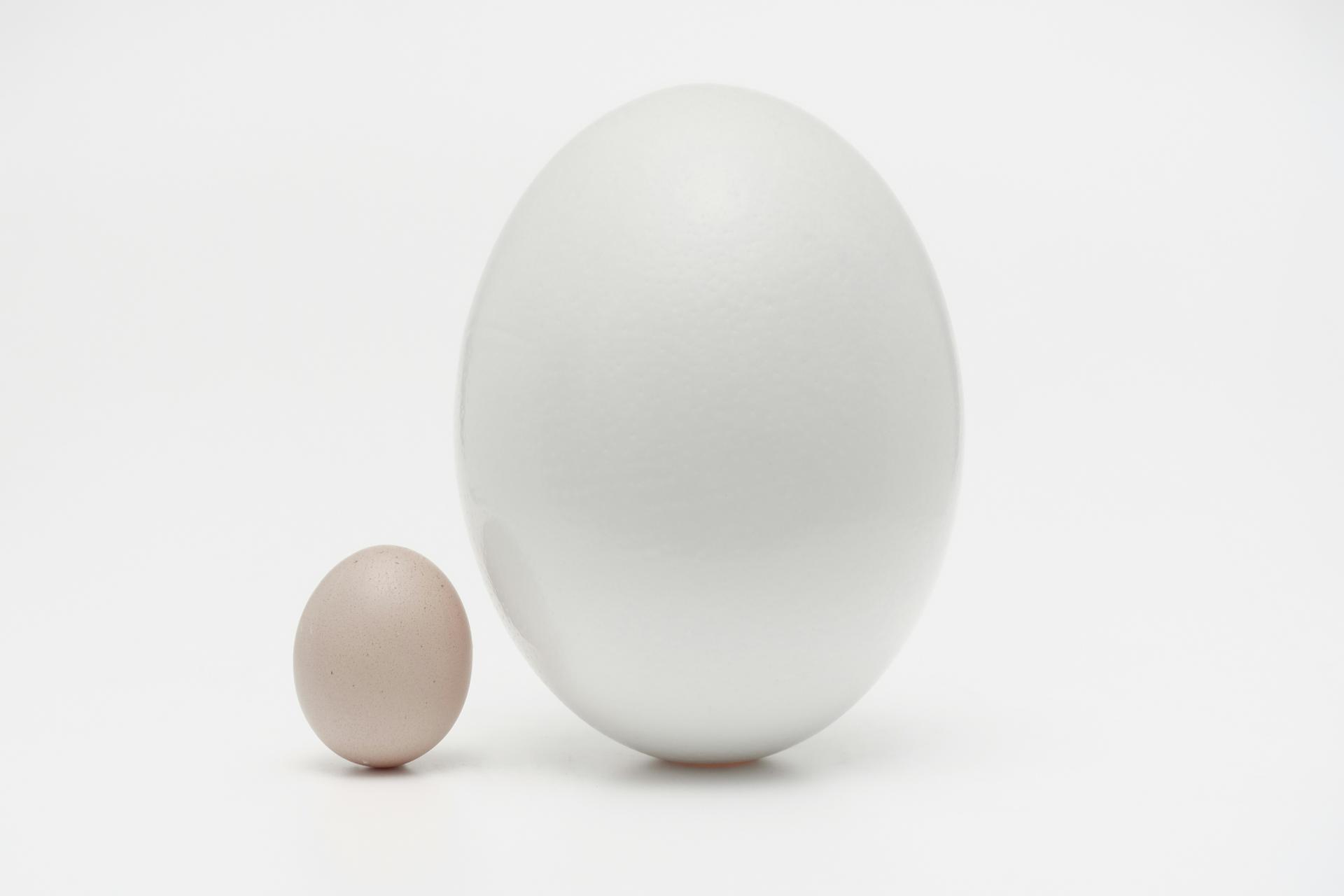
When the World Grows Quieter: How Introverts Sense the Shift to Winter

There’s a moment in the year when your body senses it before your mind does: winter is coming. The air changes its smell, the days grow shorter, and the transition from autumn to winter seems to take place not only outside, but within you as well. For many introverts, this is a period that feels more intense than other seasons. That has nothing to do with “weakness,” but with how their brain works on a deeper, biological level.
Introversion is largely about stimulus processing. As early as the 1960s, Hans Eysenck described how introverts have higher internal activation, which makes them reach saturation more quickly when exposed to external information. Later research by Matthews and others showed that introverted people have more internal stimulus processing: their minds are naturally busy analysing, interpreting, and organising information. As winter approaches, the gap between what you take in and what you can process often becomes more noticeable.
Shorter days play a major role in that. Scientists such as Roecklein and Rohan have convincingly shown that reduced daylight affects our circadian rhythm, lowers serotonin production, and can subtly influence energy and mood. You don’t need to have winter depression to notice that darkness affects your system. For introverts—who are more sensitive to overstimulation and who don’t automatically restore their energy in busy environments—this shift is often amplified. Days feel fuller, energy feels scarcer, and the need for rest becomes more visible.
Rest
At the same time, this is a period in which the world invites you to turn inward. Nature slows down and withdraws, and that rhythm aligns remarkably well with the way introverted people function. They need more time to process experiences internally and seek quiet to organise their thoughts. The stillness of autumn and winter often matches that need more closely than the brightness of summer. Psychologists such as the Kaplans have described how our brains recover precisely in calm, predictable environments, and how mental energy doesn’t arise from constant stimulation but from moments of simplicity. The colder months can therefore feel like a natural invitation to recover.
Another factor is that emotions are sometimes experienced more directly during this period. Neuroscientific research shows that lower light intensity can influence activity in the amygdala, the brain region involved in emotional processing. When the outside world becomes quieter, it’s as if you can hear your inner world more clearly. For introverts—who naturally reflect more and often feel deeply—this can be a period in which thoughts, memories, and emotions lie closer to the surface. And when you’re also carrying grief, as I am this year, that inner movement can become even more visible. Not as a heaviness, but as a soft undercurrent that simply asks for a bit more space.
Not constant
On top of that, our energy levels are never constant, even though society often seems to expect them to be. Work and health psychologists such as Hobfoll have extensively described how energy follows what he calls a cycle of activation and recovery. People don’t thrive in a state of being permanently “on,” but when exertion and restoration alternate. In autumn and winter, that balance is disrupted more easily. The days offer fewer natural recovery moments such as sunlight or a walk after work. There are more social expectations as the end of the year approaches. Indoor spaces become busier, noises louder, lights brighter. Even small details—like artificial lighting or a noisy office floor—can tire the introverted system more quickly. And because introverts often have difficulty ignoring their internal signals, they notice sooner when their reserves are running low.
What many introverts experience during this time is not a personal shortcoming, but a predictable reaction based on how the brain works. And once you understand that, you can approach yourself with more kindness. Winter doesn’t ask you to run harder, but to listen more softly. To acknowledge the need for simplicity and rest, especially when you notice your energy dipping more quickly. To make time for moments that offer recovery: a quiet morning, a walk at the end of the day, the freedom to do nothing for a while. It’s not the big things that make the difference, but those small pockets of space where your nervous system can relax.
Slowing down
What I notice myself is that the seasonal shift doesn’t just tell you something about the weather or the light, but also about how you relate to yourself. About the difference between pushing through and genuinely feeling, between performing and pausing, between always being visible and sometimes disappearing for a moment. Autumn and winter almost naturally make you reflect on what you carry with you and what you long for. And perhaps that is the real strength of this period: that it reminds you of the value of slowing down. That it invites you to return to yourself—without judgment, without haste.
The transition into winter is different for everyone, but for introverts it is often particularly palpable. Not because they are capable of less, but because they perceive more—both outside and within. And that is precisely why this time of year can be so meaningful. Not only because your energy moves differently, but because you become more aware of what you need to stay connected to yourself. Maybe that’s the essence of these months: the world grows darker, but you begin to see yourself a little more clearly.

About the author
- Karolien Koolhof is a coach voor introverts and gifted individuals
- Author of the book Introvert Leadership
- Contact

